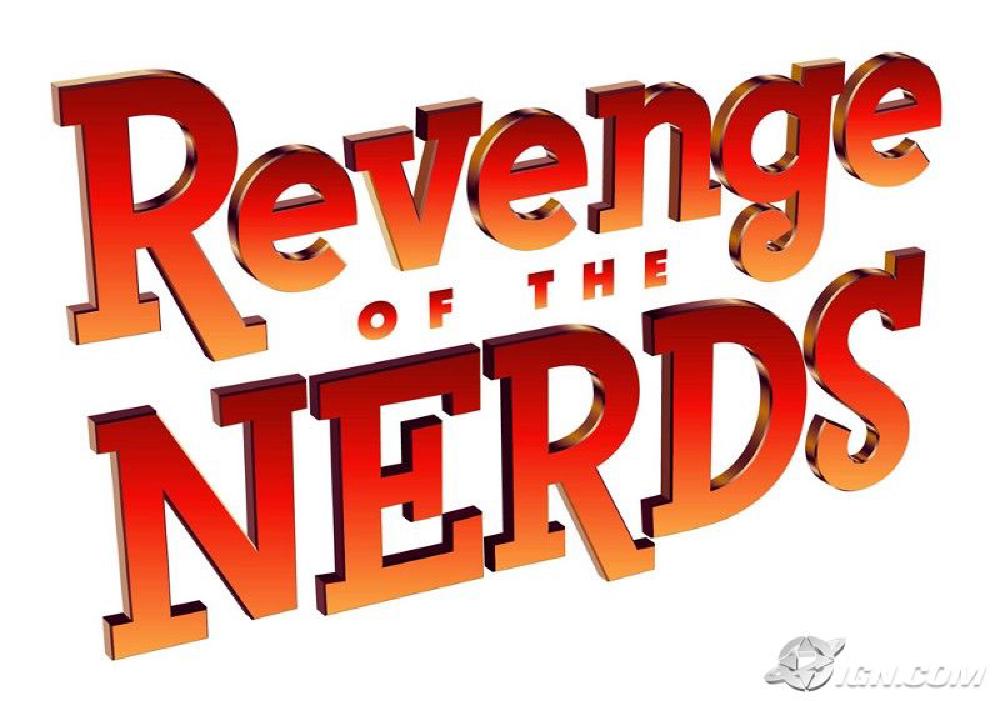Less Nerd, More Punk

February 17, 2025
During times of global crisis (looks out on the world), I respond in a few predictable ways:
- I try to deepen my practice of Zen Buddhism. (Bad situation, good situation.)
- I try to go a little harder in the weight room. (It honestly does help my mental state.)
- I try to minimize my reliance on gigantic technology corporation.
In this short post, I just want to talk a little bit about that third one.
I’m somewhat strange in my hobbies. I am NOT a programmer (I dabble, but it’s not my area of expertise) but spend a LOT of time exploring and learning about tools and technolgoy that typically would only interest programmers. Random examples include things like Git/GitHub, working in the terminal, basic programming, a variety of text editors, Linux (even though my daily driver is a Mac), etc. These are all things that wouldn’t be super impressive to the average programmer, but I’ve been told by students that it’s surprising to have an English professor be so “techy.”
What I enjoy, specifically, is finding ways that tech can improve my workflow and, even more importantly, put more control over that workflow in my hands rather than in the design choices of sometimes (always) unethical corporations.
People who know the term know that I’m hinting at an interest in FOSS, but I’m not even going to talk about that here. Because I think conversations about technology usually presuppose a binary choice between only two types of users:
- Nerds who know what FOSS stands for.
- Normal people who don’t give a shit.
Of course, the deeper waters of tech are a niche interest. But we sort of forget that the situation FOSS attempts to bring about (a healthy relationship with tech) is something that anyone can get behind. Additionally, this binary cedes too much ground to the negative aspects of nerds.
To be clear, when I say nerds for the remainder of this post, I’m referring to people who claim technical knowledge as arcane, who flex (not share) that knowledge over others, and who ultimately see themselves as better than other people because they know how to query a database. (As an aside: I’ve learned a lot of stuff as a non-programmer, and none of this shit is really that complicated). These types of nerds (hereafter, just nerds) are actively ruining the world.
But there’s another way of thinking about the development of “technical” knowledge outside the binary of “nerds” and “normal people.” Essentially, it’s the punk ethos: do-it-yourself and try not to buy things.
I’ve never been punk. There’s a lot of punk music I love, but I’ve never been a part of the actual culture. But I admire the spirit, and think it’s a healthy attitude to take toward our digital lives. Instead of buying something (either with our money or, more likely these, the commodification of our lives by way of data), we could ask ourselves “can I do it myself?” If we know how to do something, can we teach it to others?
The nerd ethos: Mastodon is perfectly usable as-is and you’re a bad person for using BlueSky. The punk ethos: not everyone knows everything, BlueSky is way better than Twitter, and maybe I can create documentation for others to get set up on the platform.
The nerd ethos: a single non-FOSS application on your computer is a sin. The punk ethos: digital participation isn’t an individual endeavor. We’re in this together. You can’t just delete everything (and everyone) from your digital; life at once. You’ve got to be strategic and often move slow.
As I’m trying to move (one step at a time) toward a healthier digital existence, I’m trying to remember that DIY is a process. You can’t do everything at once.
A fun (related) note: this is the very first post I’ve written and published entirely within Emacs. I’m leaning in so hard, guys. It’s wild.